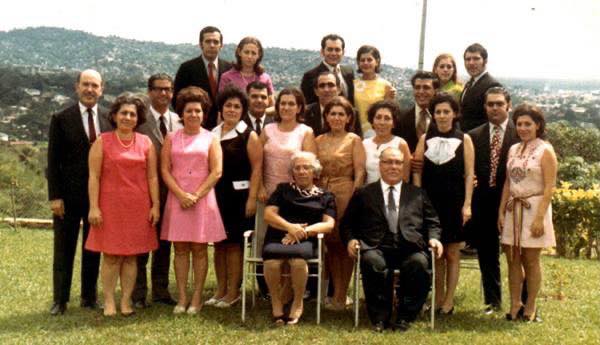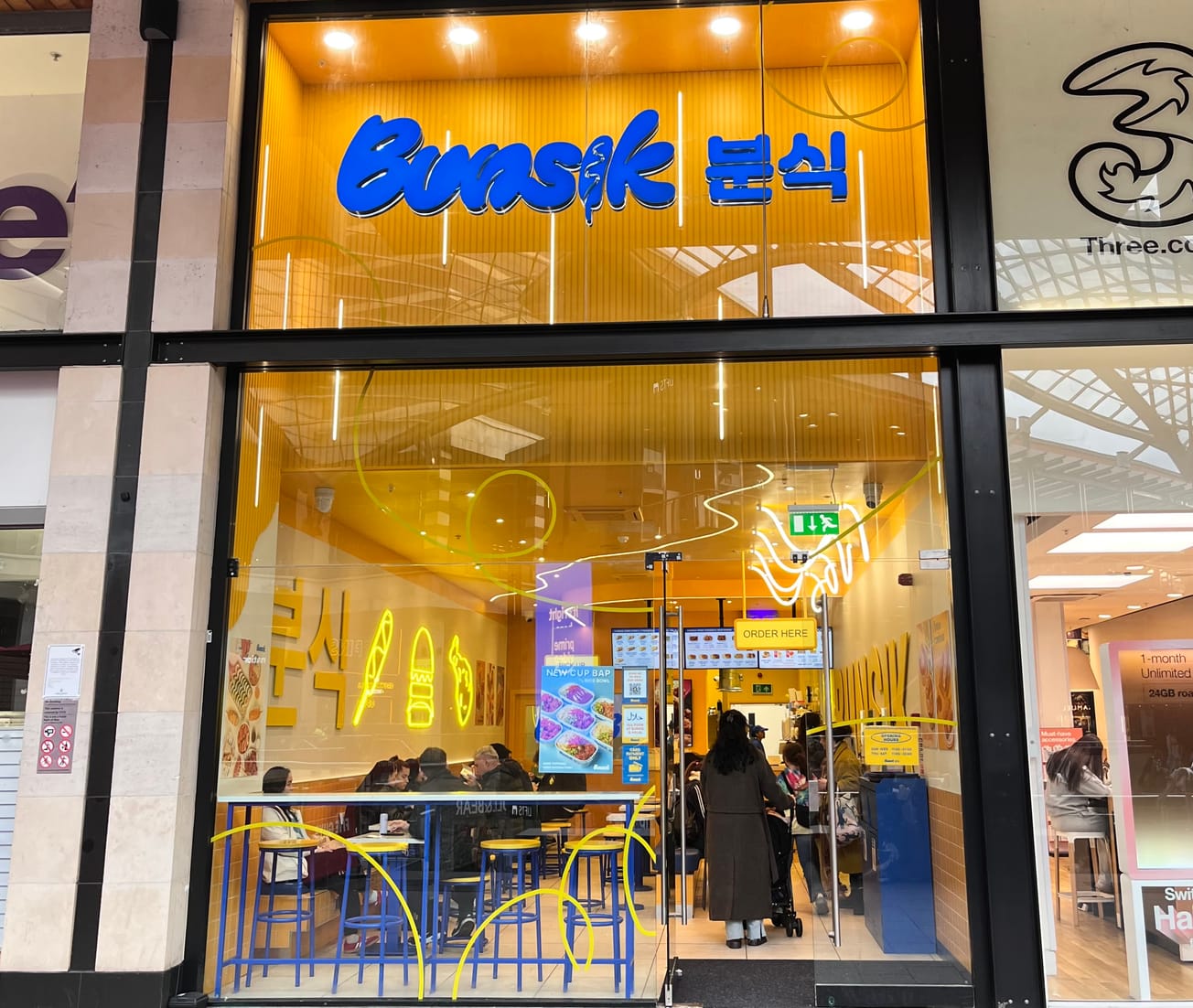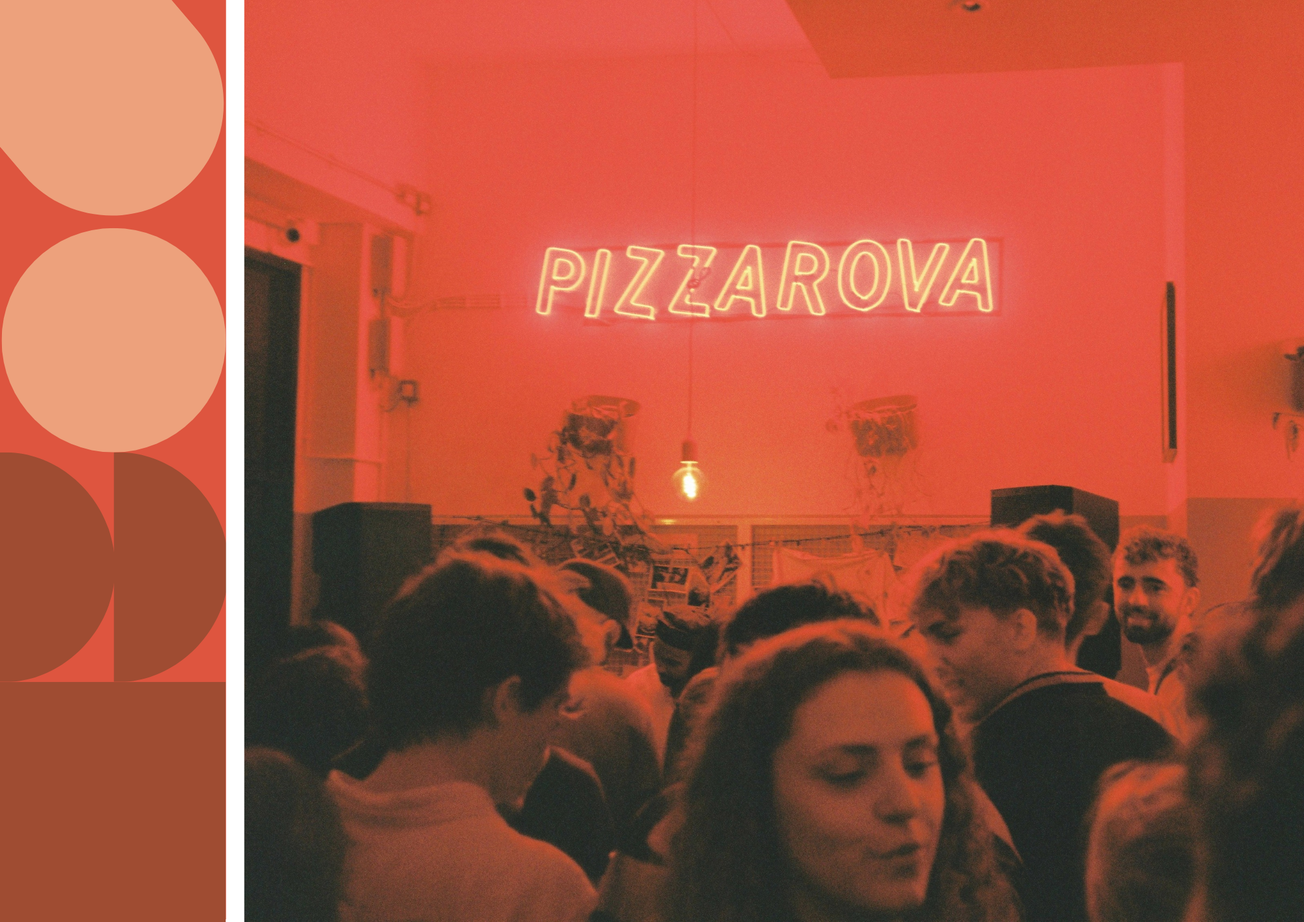By Christie Sabga, Second Year, Law
Christie Sabga reflects on her family's extraordinary culinary journey. Food has the power to connect people across different times and different places.
Long before I was born, a group of eleven strong women, all part of a family of Syrian refugees, sought to make a life in Trinidad and Tobago. At that time, the conventional roles of women were to cook, clean, and take care of their children. They tirelessly readied their homes for when their husbands returned from a hard day of work vending textiles on the road or developing new businesses. Trinidad became their new home.
Along with the Arabic language, the ingredients available meant that women had to modify the way they prepared meals. Trinidad’s cuisine was integrated into their cooking. As a way to give back to the country of Trinidad after it had given them so much, my grandma Minerva and her sister Venus founded the Syrian Lebanese Women’s Association (SLWA). They focused on community work; as a fundraising effort, they brought together all the best cooks in the community and wrote a cookbook called Ah’len.
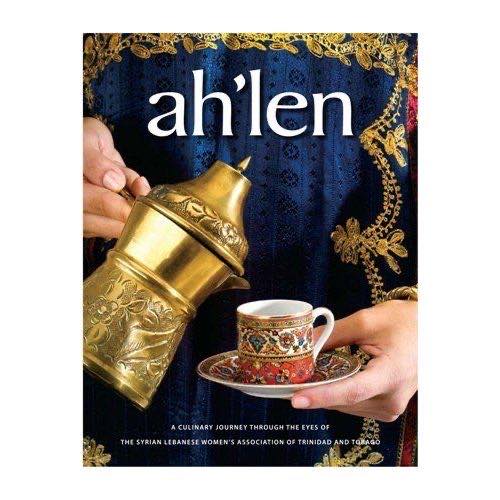
The name Ah’len translates to “welcome”; however, it is a word loaded with more meaning that you might think. Our culture centres around food. We use food to share our condolences. When someone has died, for forty days the family doesn’t cook but are cooked for so that they can mourn. We use food to say hello and goodbye. You should never visit a home empty-handed and will never leave unless your tummy is filled to the brim. We even use food to celebrate. There will always be a full spread at every gathering. Food is how we were taught to express love and gratitude.
My “tita” (originally “teta”, the Arabic word for grandma) and her sisters have what we call in Trinidad, a “sweet hand”. Nothing beats my grandma’s burgol, a barley and meat dish. Each of my grandma’s sisters were known for a specialty dish. Tita Emily was known for her warak enab, grape leaves stuffed with rice and Tita Venus was known for her hummus. Middle Eastern people take pride in feeding others. While eating, my grandpa stands over me, smiles, and says “sahten”, a Lebanese phrased used to say “enjoy your food in health”.
Ah’len has achieved the difficult task of immortalising recipes that were handed down through generations of women
Every Christmas, my grandma’s ten siblings and their families get together for a potluck dinner. The amount of food is obscene, but nothing brings more joy to our grandparent’s faces than to see their children, grandchildren, and even their great-grandchildren sit together and share a meal. It’s the one time of year I get to fill my cheeks with Tita Annie’s raw kibbeh! The following passage from Ah’len truly embodies our community: “we believe that a meal prepared is only half the pleasure of a meal shared.”
Seeing the way these incredible women cooked is not only a privilege, but it has frozen our culture in time. I may be a third-generation Syrian Lebanese young woman, but I somehow know how to cook more dishes than half of my Middle Eastern friends. And for that, I thank my grandmother. Whenever I feel homesick, ordering food from the Lebanese restaurant down the road isn’t the same. It doesn’t have the love, hard work, care, and Trini flare. When I want home food, I crack open Ah’len.
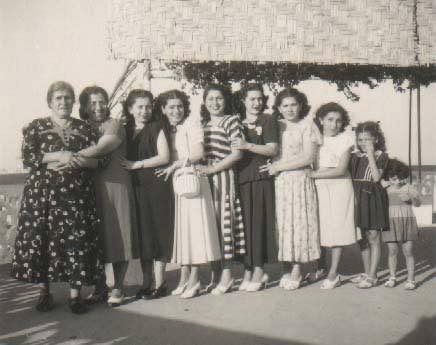
Food has a way of transcending memories. My grandma on my mother’s side, I was told, was an incredible Italian cook. Unfortunately, she died before I had the chance to know her, so while my mom and her siblings were left with fond memories, I was left with a few recipes scribbled on bits of paper. She was known for her pound cake, however it was the one recipe we could never find. One day, my aunt on my dad’s side of the family mentioned that she had the recipe, bringing tears to my mom’s eyes. Making that cake not only brought back so many memories for my mother, but it made me feel connected to a woman I had never even met. That is the true power of food. Ah’len has achieved the difficult task of immortalising recipes that were handed down through generations of women.
What began as a project of charity became a milestone celebration of our community and rich heritage. Today the book has been recognised by Gourmand International for “combining the love for community and food”, winning the “Best in the World” award. My great grandfather once said, “if you please your parents, you please the Lord.” Ah’len was written as a tribute to our great grandparents and the hardship they suffered when they left Syria and Lebanon. Years from now, my grandchildren would easily be able to recreate their great-great-grandmothers’ recipes, a joy not many people get to experience. I am extremely thankful that, through food, I can hand down the memory of the resilient women before me to future generations.
Featured: Epigram/ Christie Sabga

